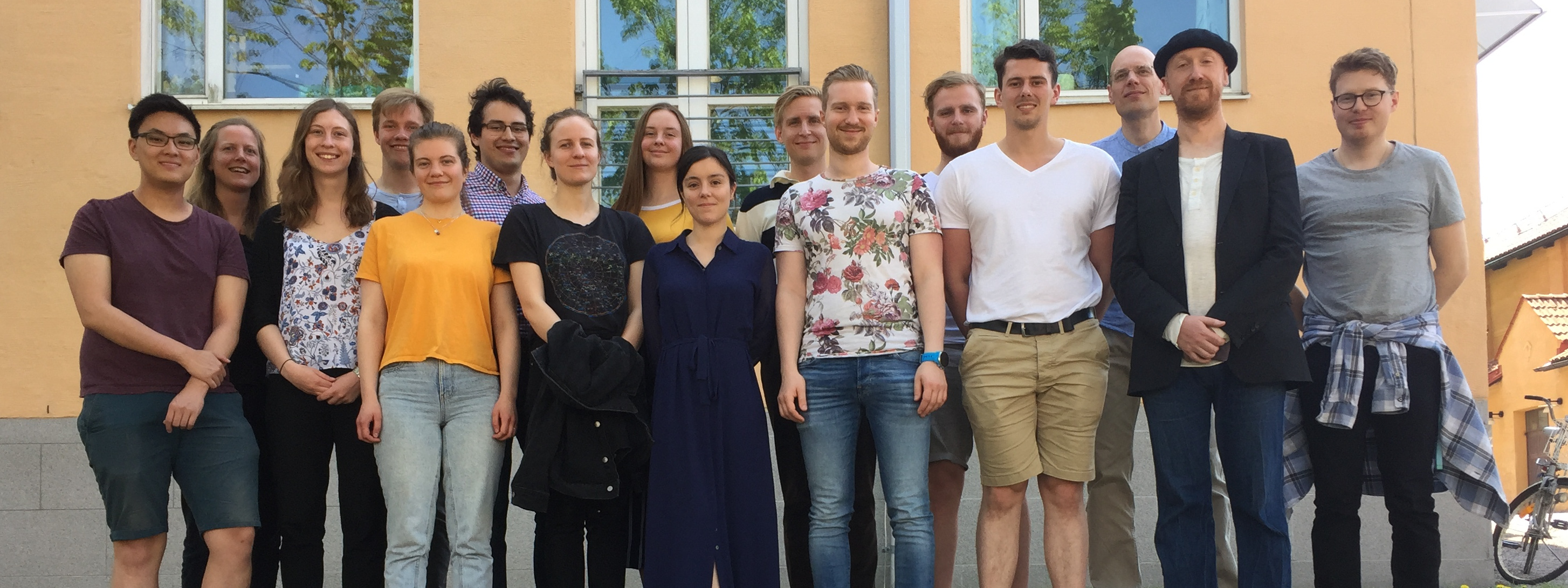Cardiovascular disease (CVD) is one of the most life-threatening conditions of our time and one with limited treatment options for severe cases. Improved diagnostics and preemptive treatment methods are thus especially important. Fredrik Eklund’s thesis, labelled “Guided Bayesian Graphical Network model for Cardiovascular Disease Prediction”, continues the work towards a tool aimed to provide decision support for medical practitioners.
Bayesian Graphical Networks (BGNs) are prominent decision components in the field of machine learning and artificial intelligence. A strength lies in their ability to infer partially missing data using its distribution and other data, i.e. from the same patient. This is a powerful feature in clinical practice because some informative measurements may be costly or invasive to obtain.
| The thesis report suggests rules to model BGNs by in order to battle issues with high dimension clinical data as well as to reflect the pathophysiology of CVD. An algorithm was then developed to build BGNs according to these rules. Following these two steps, a BGN to predict CVD was built from clinical data on type 2 diabetes patients. The result is a network which joins prior knowledge with machine learning techniques. The network can be considered a proof of concept and a mild success. |  |
According to agreement with Gunnar Cedersund, Fredrik Eklund will continue work on the model in the months to come.

